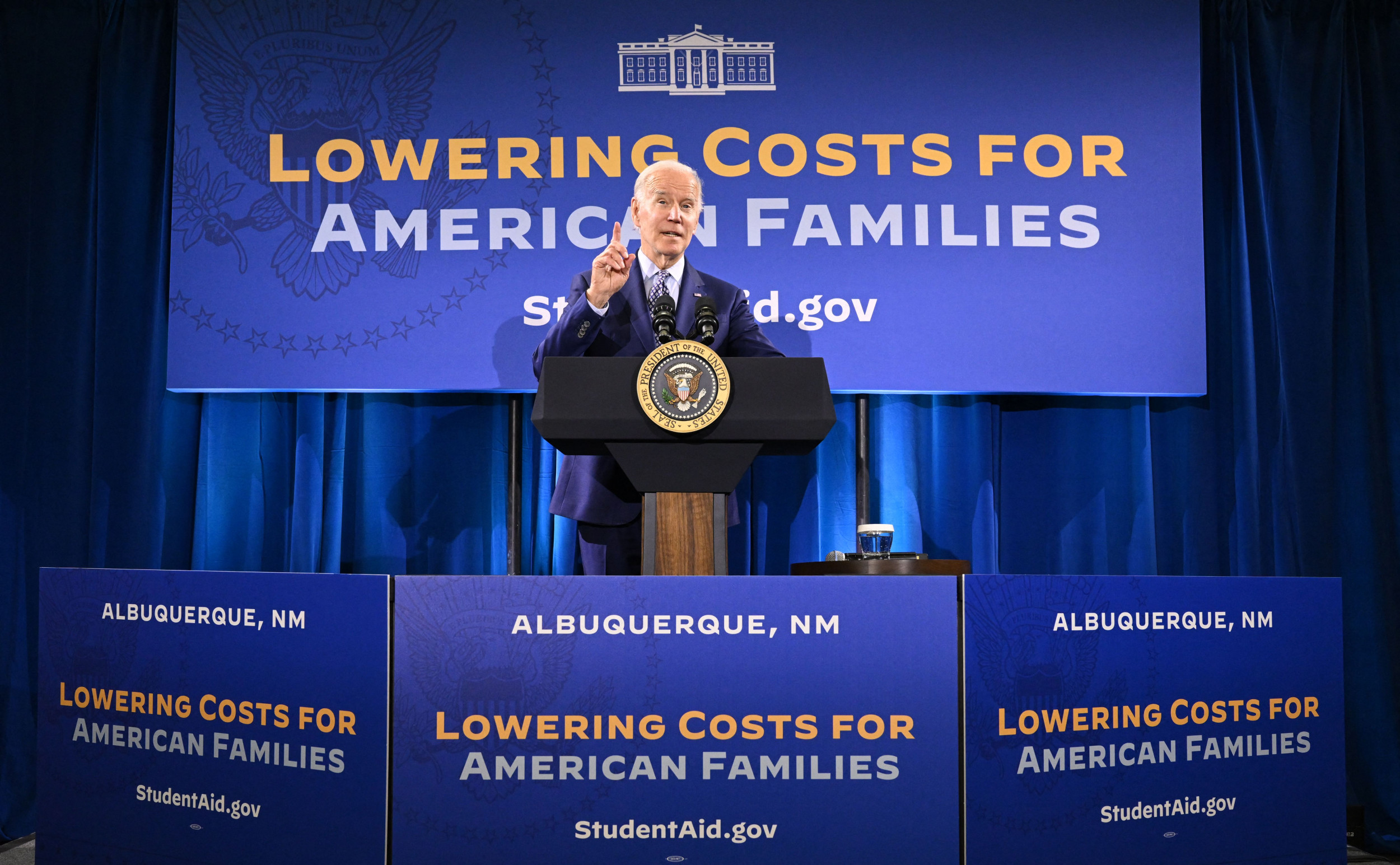Aides to Chinese President Xi Jinping blocked filming of their leader after U.K. Prime Minister Keir Starmer raised human rights concerns with him, footage shows.
Monday's dialogue at the G-20 Leaders' Summit in Rio de Janeiro, marked the first face-to-face meeting between a U.K. prime minister and Xi in more than six years. Relations between the two countries have frayed over a number of issues, including the crackdown on democracy and deterioration of political freedoms in the former U.K. colony of Hong Kong.
Starmer and his cabinet have signaled a less hawkish approach toward China than their Conservative Party predecessors and stressed a need for cooperation on issues of shared concern such as climate change. Starmer told Xi he would also "engage honestly and frankly on those areas where we have different perspectives, according to a readout from the Prime Minister's Office.
"I'm very pleased that my Foreign Secretary and (Chinese) Foreign Minister Wang met recently to discuss respective concerns including on human rights and parliamentary sanctions, Taiwan, the South China Sea and our shared interest in Hong Kong," says Starmer on video released by Bloomberg.
British Prime Minister Keir Starmer confronted China's Xi Jinping about alleged human rights violations during a meeting at the Group of 20 summit in Brazil.
Chinese officials quickly interrupted and ordered British journalists out of the room https://t.co/60QnnWLj8g pic.twitter.com/qCdFRq7HYp
"We are concerned by reports of Jimmy Lai's deterioration of health in prison," he went on.
Lai, 76, is a media tycoon, pro-democracy activist, and U.K. citizen currently serving a fraud sentence and whose case under Hong Kong's 2020 National Security Law is set to resume Wednesday.
As the camera moves toward Xi, Chinese personnel can then be seen moving in to block the camera and ushering its operator and other members of the media out of the room. It's unclear why they felt compelled to follow the Chinese delegation's instructions.

"This happened not in China but in Brazil, where Chinese officials were allowed to decide what the press could and could not hear. Jimmy Lai seems to be quite a trigger," China analyst Sari Arho Havren, associate fellow at the Royal United Services Institute think tank, wrote on X (formerly Twitter).
One commenter on the Bloomberg video pointed out the press are usually asked to leave by summit organizers as leaders move on to the "meat and potatoes" at these discussions. But it's unclear why the press felt compelled to follow the Chinese delegation's prompt in this case, as soon as the camera turned to Xi.
In several other comments, Starmer was accused of hypocrisy over his stand on the Israel-Gaza conflict and criticized over alleged free speech breaches by British police.
Newsweek reached out to the Chinese embassy in Brazil and the British foreign ministry with emailed requests for comment.
Xi during talks with U.S. President Joe Biden Saturday stated that "democracy and human rights" were red lines for China, along with the country's "path and system," its "right to development," and the Beijing-claimed island democracy of Taiwan.
China's grip on Hong Kong appeared to tighten on Tuesday with the sentencing of 45 of the city's best-known pro-democracy figures to prison terms ranging from four to 10 years over their participation in an unofficial primary election.
They were charged retroactively under the 2020 National Security Act, a vaguely order piece of legislation that critics say has been weaponized to erode civil liberties and silence dissent.
The sentencing, widely condemned by the U.S. European Union, and others, marks the end of a landmark case widely viewed as a bellwether for political freedoms in Hong Kong, where China promised to preserve autonomy for 50 years following the city's 1997 handover by the U.K.








![SOURCE SPORTS: [WATCH] Mets Capt. David Wright Gives Interesting Insight On The Honor Of His Jersey Retirement In Citi Field](https://thesource.com/wp-content/uploads/2025/01/01fs75fy836w8mp4ytwr.webp)











 English (US) ·
English (US) ·